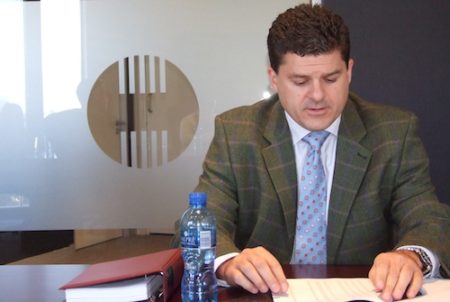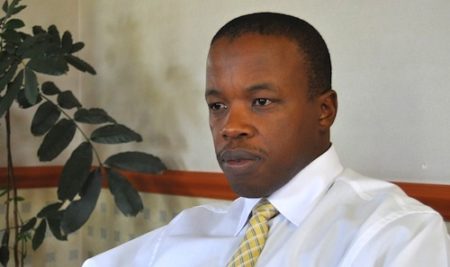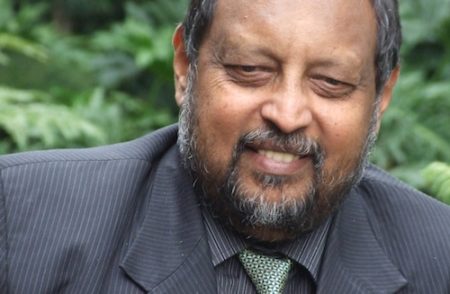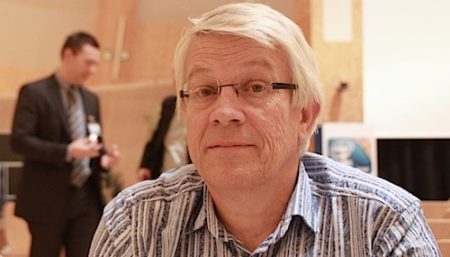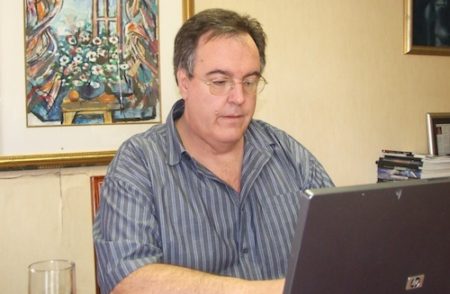In the past 12 months, AltX-listed Huge Group’s share price has defied gravity, soaring nearly 400%, making it one of the best performing shares on the JSE. At face value, though, the share’s sterling performance makes little sense.
Browsing: In-depth
Sentech looks set to close loss-making divisions, including its once much-vaunted telecommunications carrier-of-carriers division and its direct-to-home satellite television business, to focus on its core business of signal distribution.
In the beginning, just before the Big Bang, scientists believe the entire universe was packed into a tiny ball of mass just 10-38cm wide. To put that in context, an atom is many, many times that size. This tiny ball of mass exploded and grew over the last 13bn years
Internet service providers have slammed Mweb’s decision to cut off its transit links, saying the company ought to have engaged in discussions instead of taking the fight to the media. Last week, MWeb cut off its transit links with Telkom’s wholesale Internet access
Analysts across the board have welcomed the appointment of Roy Padayachie as communications minister, saying his experience in government and in telecommunications should prove invaluable to the sector. President Jacob Zuma surprised almost everyone
With thousands of users from around the world and around 70PB (that’s petabytes) of data handled on a daily basis, the European Organisation for Nuclear Research (Cern) has a surprisingly simple technology requirement.
TechCentral on Tuesday reported how Sentech has to spend millions of rand fixing its famous Johannesburg broadcasting tower, which has fallen into a state of disrepair, with concrete flaking off the structure. The iconic tower has a rich history.
One of Johannesburg’s iconic landmarks, the Sentech broadcasting tower near Auckland Park, is literally falling apart. Bits of concrete are flaking off the 237m-tall structure. The tower is in a state of disrepair
Vodacom has fired a shot across the bow of new mobile entrant, Telkom’s 8ta, in what could be the beginning of what one analyst calls “price skirmishes” between the operators. A full-blown price war looks less likely, analysts say. Vodacom at the weekend announced a R1,40/minute all-day tariff
The cash-strapped state-owned signal distributor, Sentech, appears to have cut an illegal deal to sell wireless broadband spectrum that benefited politically connected businessmen, led by Eddie Funde, the controversial former chairman of the SABC who is now South Africa’s ambassador to Germany.


